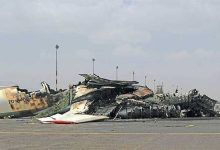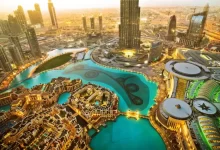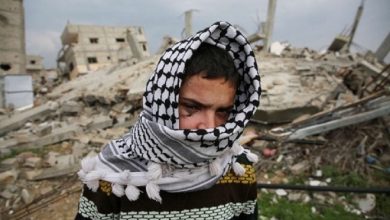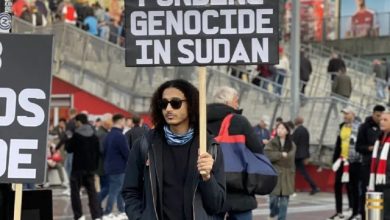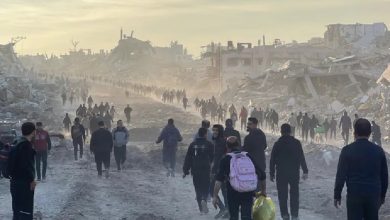The UAE’s Shifting Role: From Tolerance to Regional Repression
How the UAE's growing influence in the Middle East is marked by authoritarianism, interventionism, and political manipulation.
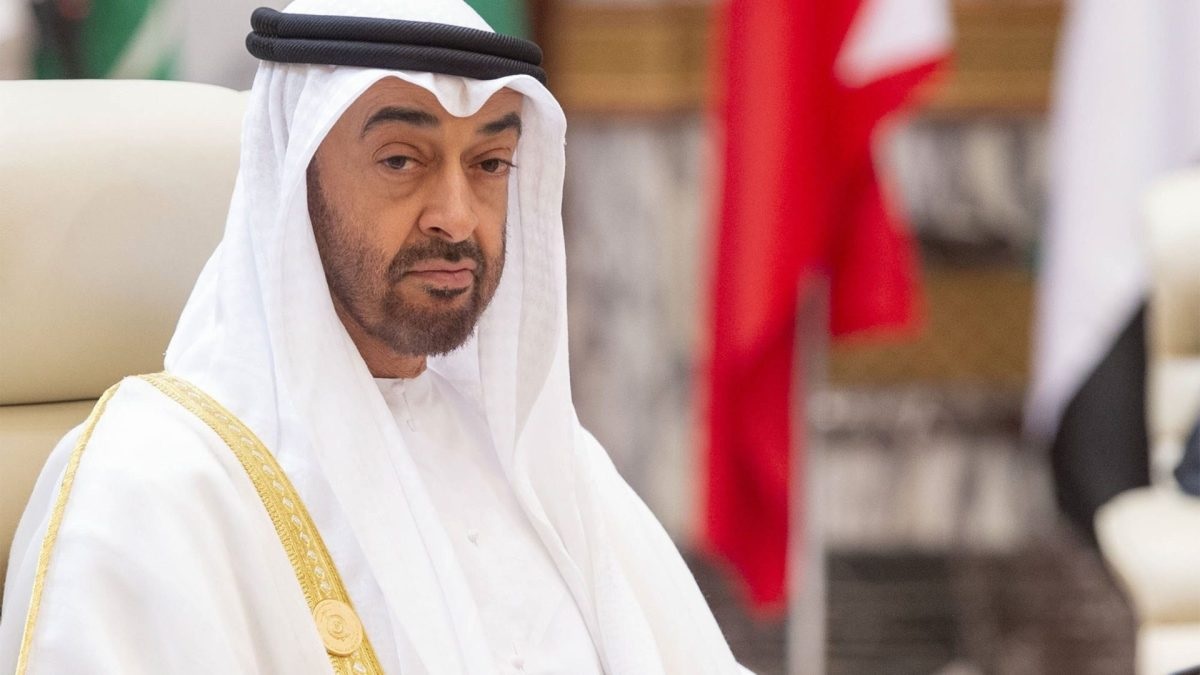
Watan–In 2016, the UAE announced the creation of a Ministry of Tolerance as part of a promotional effort, claiming it would enhance the values of coexistence and respect for others. However, the reality that emerged over the past decade was the complete opposite of this naive image, as Abu Dhabi entrenched a system of repression and authoritarianism.
The UAE has become one of the most concerning countries in the Middle East due to its growing regional influence, which is increasingly based on repression and intervention in the internal affairs of other nations under the guise of regional security. This reached the point where the UAE cooperated with armed militias in Yemen and Sudan, groups accused of committing massacres and numerous violations.
While Iran has long been seen as a regional power using militias and armed groups to advance its interests, the UAE has adopted similar tools, including financial leverage, secret diplomacy, media and technological influence, and lobbying in key international capitals.
These methods have made the UAE’s role more influential, but they have also sparked resentment among many, as its growing presence in various crises—both hidden and public—has become more apparent.
Recently, the UAE’s influence was dramatically highlighted when it pressured Lebanese authorities to hand over poet Abdulrahman Al-Qaradawi, an Egyptian-Turkish national. This move, which was both illegal and unconstitutional, triggered widespread criticism as it exposed the UAE’s indifference to the potential damage to its international reputation.
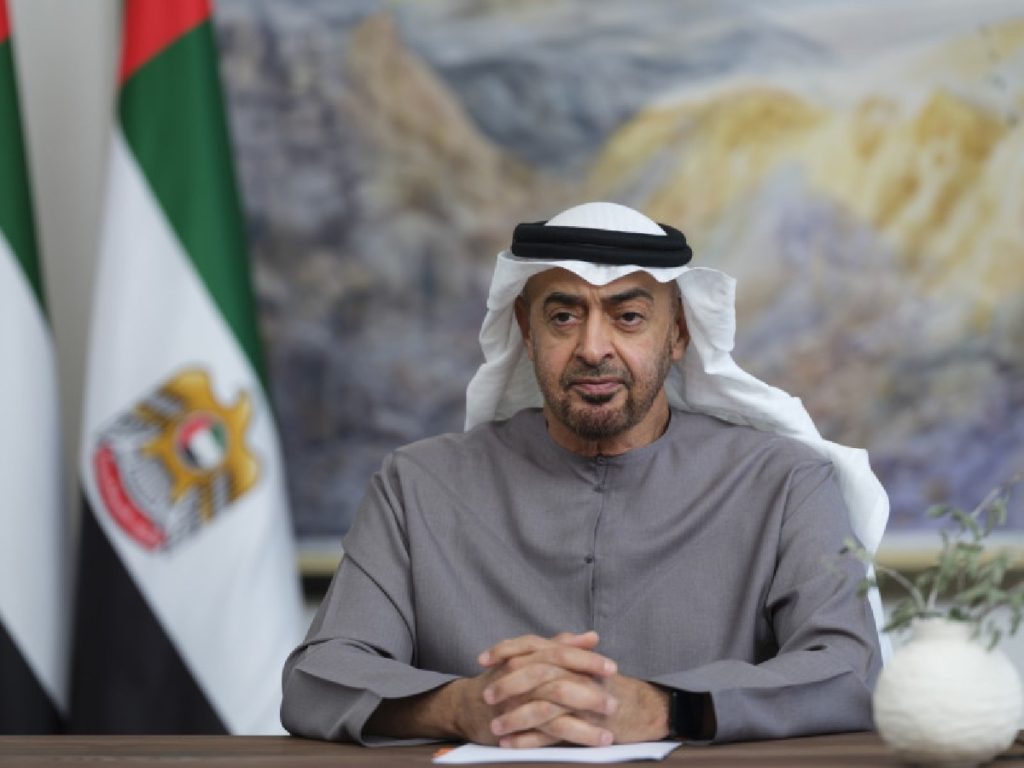
The changes in the UAE began during the Arab Spring when the eruption of protests raised concerns within the Emirate about the potential spread of these uprisings. The UAE expressed reservations about the revolutions and criticized Qatar’s role at the time.
The UAE quickly aligned itself with what became known as the “counter-revolutions,” seeking to influence media, politics, and security in the countries that experienced uprisings by using its financial and political power.
In Tunisia, the UAE bolstered its influence by supporting President Kais Saied’s regime, which took steps to undermine the achievements of the Tunisian revolution. Saied froze the parliament and consolidated his personal power by sidelining his opponents and silencing the media and critics.
In Egypt, the UAE played a prominent role in supporting President Abdel Fattah el-Sisi’s regime, which came to power after a military coup. This helped solidify the military’s influence in various areas, particularly in curbing freedoms of expression and protest.
Despite these efforts, Egypt faces an unprecedented economic crisis. The financial assistance provided by the UAE has not improved the living conditions of the Egyptian people but has instead contributed to further empowering Sisi’s regime.
In Sudan, the UAE’s interventions have complicated the political and humanitarian situation by supporting conflicting parties, thus prolonging the ongoing crisis.
In Gaza, the fallout from the Gulf’s normalization agreements with Israel continues to affect the besieged region, especially following the return of former US President Donald Trump, who was a major supporter of these agreements and the architect of
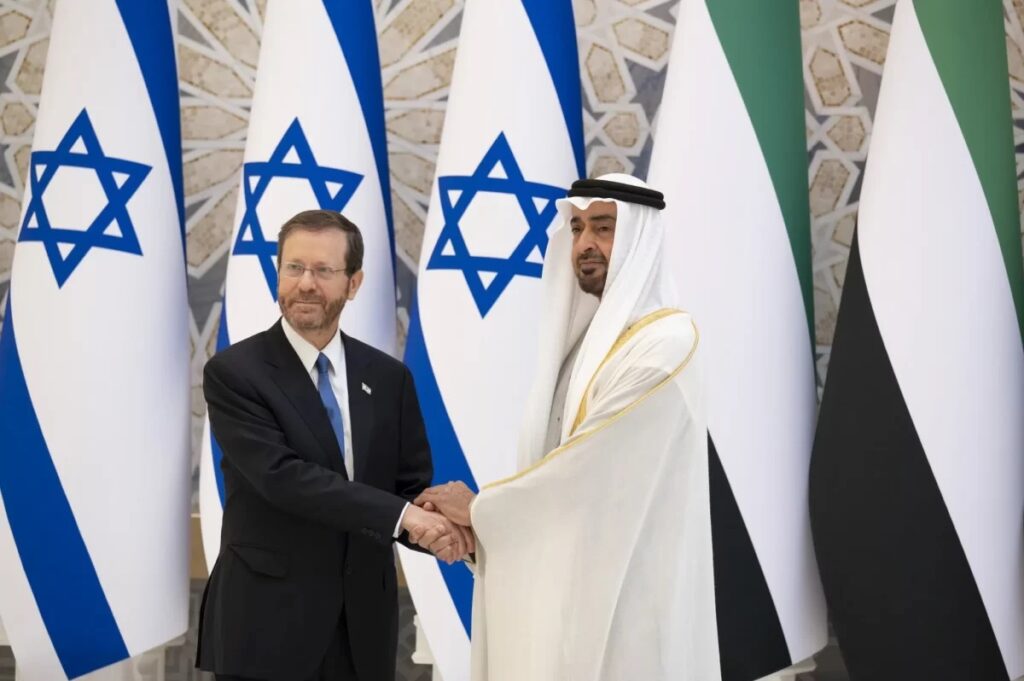
In Yemen, the UAE played a key role in the war, not only through military involvement but also by supporting separatists in the south, thus leaving Saudi Arabia to face a prolonged struggle with the Houthis.
The UAE has also made its intentions clear regarding the strategic Socotra Island, which it has turned into a tourist destination under its direct control.
The arrest of Al-Qaradawi, which flouted international norms, is not an isolated incident. Two years ago, Asim Ghfur, an American lawyer representing Jamal Khashoggi, was arrested at Dubai Airport. He was detained for several weeks before being released.
These recurring incidents reflect a broader policy of transnational repression by the UAE, highlighting the extent to which its influence has permeated the region. While these actions may seem unfamiliar or even novel to some, those familiar with the UAE’s human rights record are well aware of the harshness of its prisons and the extent of its repression.
Ultimately, it seems the UAE continues to play the role of the region’s enforcer, indifferent to the consequences of its actions on its international reputation or its relations with neighboring countries. As this approach persists, the region is set for more political shifts, with Arab nations reexamining their alliances and positions regarding the increasingly exposed role of the UAE.

